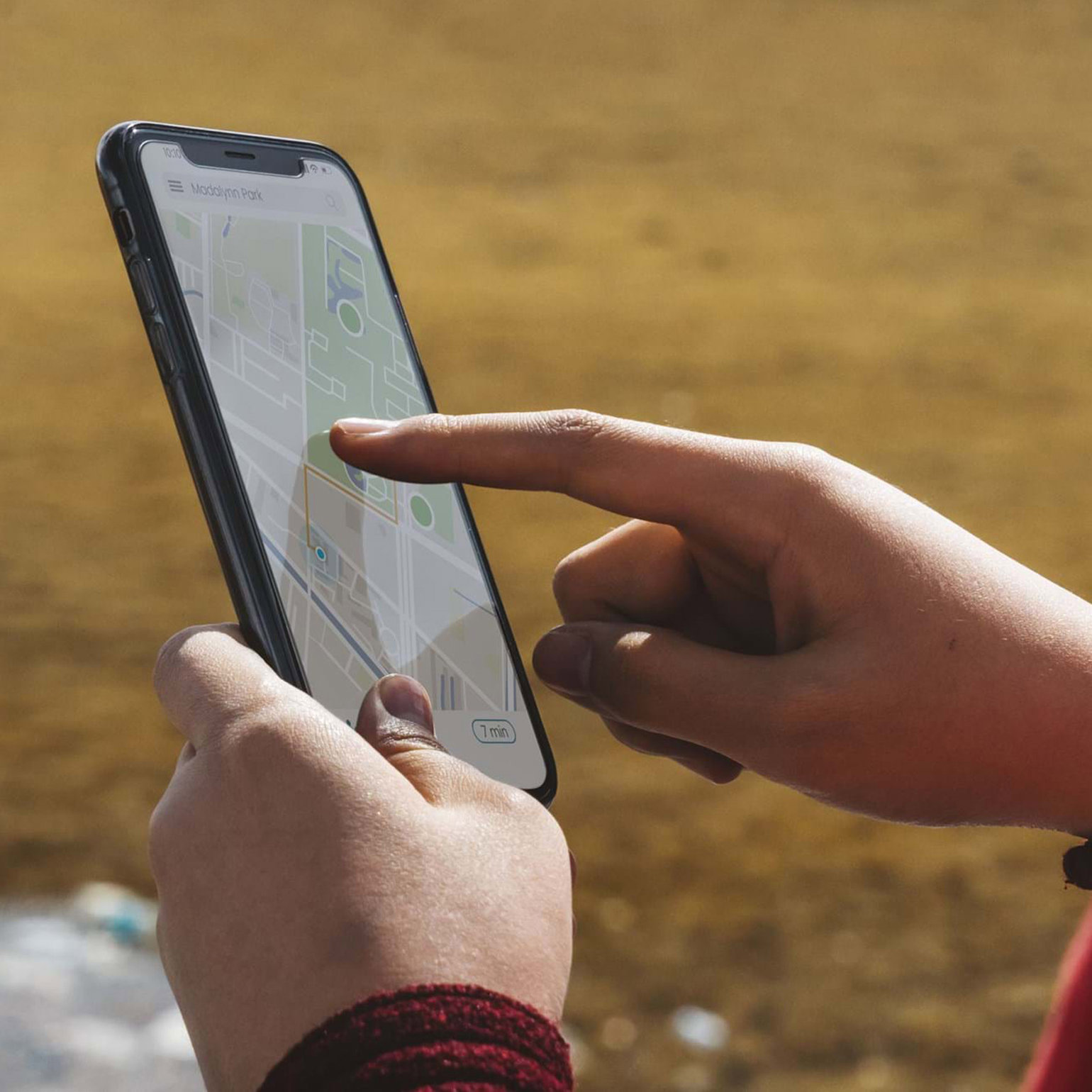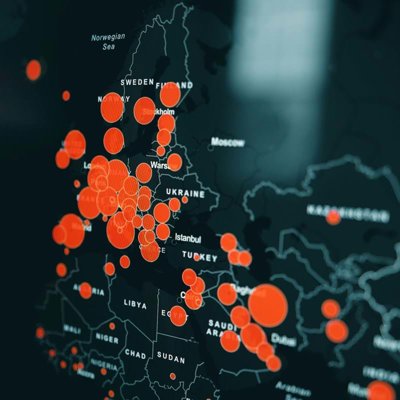The following documents are available in the Downloads section below:
Download a copy of the guide below
Before you start
i – Independent Investigation - Student Planning Form
Independent Investigation - Student Planning Form (Word document)
ii – A Guide to Writing A Research Plan
iii – A Guide to Effective Background Reading
iv – A Guide to Referencing
Section 1 – Introduction
1a – A Guide to Hypotheses
Section 2 – Data collection
2a – A Guide to Different Types of Data
2b – A Guide to Data Collection Techniques – Quantitative Measuring
2c – A Guide to Data Collection Techniques – Surveys
2d – A Guide to Data Collection Techniques – Interviews
2e – A Guide to Data Collection Techniques – Questionnaires
2f – A Guide to Data Collection Techniques – Observations, Photographs and Field Sketches
2g – A Guide to Sampling Techniques
2h – A Guide to Recording Data in the Field
2i – A Guide to Avoiding Biased Data
Section 3 – Data presentation
3a – A Guide to Column Charts and Histograms
3b – A Guide to Pictograms
3c – A Guide to Pie Charts
3d – A Guide to Scatter and Line Graphs
3e – A Guide to Box and Whisker Graphs
3f – A Guide to Kite Diagrams
3g – A Guide to Triangular graphs
3h – A Guide to Rose and Radial Graphs
3i – A Guide to Isoline Maps
3j – A Guide to Choropleth Maps
3k – A Guide to Pictorial Data Presentation
3l – A Guide to Presenting Qualitative Data
Section 4 – Data analysis
4a – A Guide to Measures of Central Tendency
4b – A Guide to Measuring Proportions
4c – A Guide to Measures of Dispersion
4d – A Guide to Cost-Benefit Analysis
4e – A Guide to Spearman’s Rank
4f – A Guide to Chi-Squared Testing
4g – A Guide to Simpson’s Diversity Index
4h – A Guide to Pearson’s Product Moment
4i – A Guide to Nearest Neighbour Analysis
4j – A Guide to Mann-Whitney U Test
4k – A Guide to Qualitative Data Analysis
Section 5 – Conclusions
Section 6 – Evaluation
Section 7 – Final checks
Posters – A guide to reading your research landscape
A copy of FAQs from the awarding bodies
View a video from the Royal Met Soc - MetLink - Weather Fieldwork for your A Level Geography Independent Investigation
Ethical Data resources
Doug Specht and colleagues from the University of Westminster have produced resources to provide some extra guidance and support around ethics and data use for the NEA


